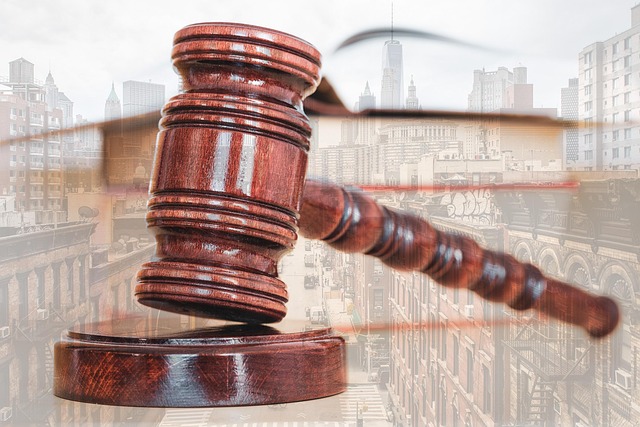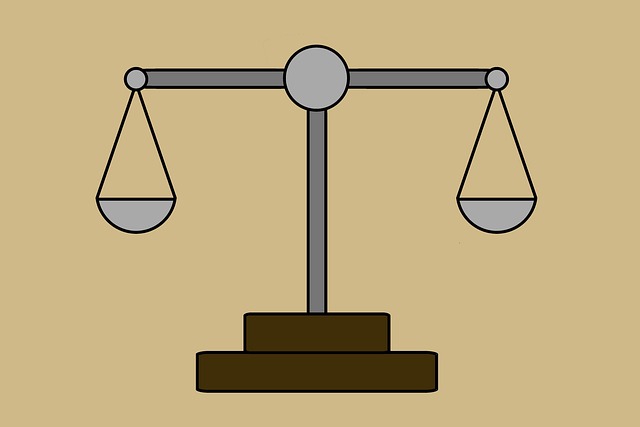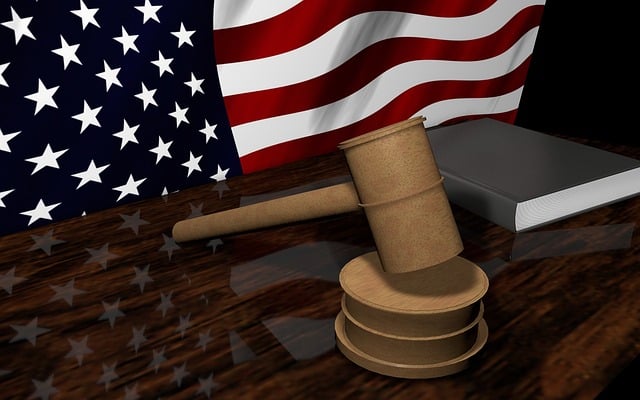Understanding consumer protection laws is critical for businesses and consumers alike, as they ensure fair transactions and safeguard individual rights. When violations occur, consumers can file suits, with a key aspect being how to challenge regulatory agency decisions. This involves strategic legal strategies that may require specialized assistance from an attorney focusing on consumer protection. By utilizing avenues like allegations of procedural unfairness or misapplication of the law, individuals or organizations can defend their rights and avoid potential indictments. A successful defense strategy integrates robust evidence (compelling documentation, expert testimonies) with potent legal arguments to expose flaws in regulatory decisions, ultimately aiming for favorable verdicts while upholding justice. Engaging experienced legal counsel is crucial for navigating complex appeals and protecting interests when facing adverse rulings.
Consumer protection suits play a vital role in safeguarding individuals from unfair business practices. This article delves into the intricate world of consumer rights, focusing on understanding and challenging regulatory agency decisions. Learn about the grounds that justify such challenges, the importance of robust evidence and legal arguments, and essential steps to navigate this process effectively. Discover how to appeal a decision and equip yourself with knowledge on How to Challenge Regulatory Agency Decisions.
- Understanding Consumer Protection Laws and Suits
- Grounds for Challenging Regulatory Agency Decisions
- The Role of Evidence and Legal Arguments
- Navigating the Process: How to Appeal a Decision
Understanding Consumer Protection Laws and Suits

Understanding Consumer Protection Laws is paramount for both businesses and consumers alike. These laws are designed to safeguard individuals from unfair practices in various transactions, ensuring a level playing field. When a consumer believes their rights have been violated, they have the legal recourse to file a suit under these protections. Such cases can range from simple disputes over product quality to high-stakes scenarios where businesses engage in deceptive or fraudulent activities. Consumer protection suits are a crucial mechanism to hold companies accountable and compensate affected parties.
Knowing how to challenge regulatory agency decisions is an integral part of navigating consumer protection laws. In many jurisdictions, regulatory bodies investigate complaints and issue rulings. Businesses may face these decisions with varying degrees of agreement or disagreement. For instance, if a respective business feels the decision is unjust, they might have options to appeal or request further clarification. This process requires a deep understanding of the law and can involve complex legal strategies, especially in high-stakes cases. Engaging a general criminal defense attorney who specializes in consumer protection can provide guidance tailored to the specific situation.
Grounds for Challenging Regulatory Agency Decisions

When it comes to Consumer Protection Suits, understanding how to challenge Regulatory Agency Decisions is crucial for ensuring fairness and justice. Individuals or organizations facing such decisions can explore several legal avenues to dispute them. The grounds for challenging these decisions are multifaceted, including allegations of procedural unfairness, arbitrary or capricious actions by the agency, a misapplication of the law, or insufficient evidence supporting the agency’s findings.
A strategic approach to challenging Regulatory Agency Decisions can lead to achieving extraordinary results for his clients. By presenting compelling arguments and robust evidence, those affected can successfully defend their rights and avoid potential indictments. This process involves meticulous research, a thorough understanding of relevant laws and regulations, and a well-crafted legal strategy focused on ensuring transparency and accountability in regulatory matters.
The Role of Evidence and Legal Arguments

In Consumer Protection Suits, the role of evidence and legal arguments is paramount. To successfully challenge Regulatory Agency Decisions, a comprehensive strategy that integrates both robust evidence and potent legal arguments is essential. Gathering compelling evidence, such as documentation, expert testimonies, and statistical analyses, serves as the foundation for any winning challenging defense. These tools enable attorneys to demonstrate that agency actions are arbitrary, capricious, or not supported by substantial evidence—a critical aspect in avoiding indictment and securing favorable verdicts for their clients.
Understanding how to present this evidence effectively through well-crafted legal arguments is equally important. Attorneys must adeptly navigate the complexities of administrative law, highlighting procedural errors, inconsistencies, or omissions that undermine the agency’s decision-making process. By seamlessly integrating these strategic elements, consumer protection advocates can mount a compelling defense, demonstrating not only the flaws in regulatory decisions but also the potential negative impacts on consumers and businesses alike. This approach increases the chances of winning challenging defense verdicts while ensuring that justice is served for all parties involved.
Navigating the Process: How to Appeal a Decision

Navigating consumer protection suits can be complex, especially when appealing a regulatory agency decision. If you’ve received an adverse ruling and believe it was unjust, understanding how to appeal is crucial for protecting your rights and interests. The process often involves careful consideration of legal strategies and adherence to specific procedures set forth by the regulatory body.
To challenge a regulatory agency decision, thoroughly review the grounds for appeal as outlined in relevant laws and regulations. Prepare compelling arguments that present factual inaccuracies or legal errors made during the initial proceedings. Presenting strong evidence and a well-structured appeal can significantly improve your chances of achieving extraordinary results, especially in high-stakes cases. Engaging experienced legal counsel specializing in consumer protection lawsuits can prove invaluable, guiding you through each step while helping to secure winning challenging defense verdicts.
Understanding consumer protection laws is crucial for both businesses and consumers. By knowing your rights and the grounds for challenging regulatory agency decisions, you can effectively navigate the process. The article has outlined key steps, including gathering robust evidence, constructing compelling legal arguments, and knowing when to appeal. Equipped with this knowledge, individuals and entities can ensure fair practices and protect their interests in the complex landscape of consumer protection suits.






